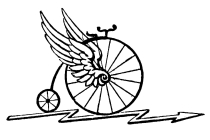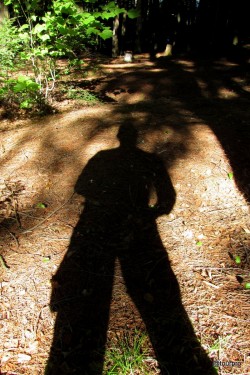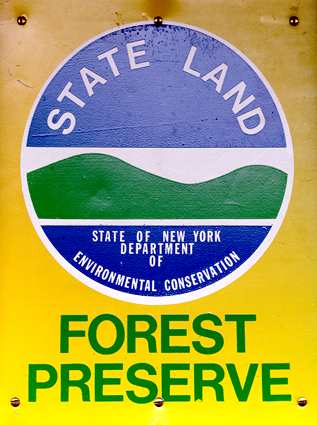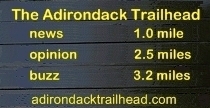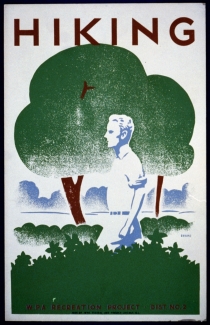Winter is a great time to explore the Northeast’s greatest wilderness, and the Adirondack Mountain Club (ADK) can take you there.
 Whether you’re a novice or a seasoned outdoor enthusiast, ADK’s winter 2013 schedule of guided trips, outdoor workshops and skills programs has something for you. New this year is Beginner Winter Skills, designed to teach such essential skills as snowshoeing, shelter building and avalanche awareness. Beginner Winter Skills, scheduled for March 3, is $65 for ADK members and $72 for nonmembers. Other beginner programs include Beginner Backcountry Skiing (Jan. 19 and Feb. 16) and Introduction to Backcountry Snowshoeing (Jan. 27 and Feb. 24).
Whether you’re a novice or a seasoned outdoor enthusiast, ADK’s winter 2013 schedule of guided trips, outdoor workshops and skills programs has something for you. New this year is Beginner Winter Skills, designed to teach such essential skills as snowshoeing, shelter building and avalanche awareness. Beginner Winter Skills, scheduled for March 3, is $65 for ADK members and $72 for nonmembers. Other beginner programs include Beginner Backcountry Skiing (Jan. 19 and Feb. 16) and Introduction to Backcountry Snowshoeing (Jan. 27 and Feb. 24).
Also in 2013, ADK is bringing back Winter Family Weekend, two days (March 9 and 10) of winter exploration for both adults and children at the Heart Lake Program Center. Activities will include animal tracking, sledding, snow art, games, a campfire and more. Join us for one day or both. Cost is $10 per day for adults, $5 for children, and includes use of snowshoes.
Winter Camping 101 (Jan. 12-14) is designed for those who are eager to begin winter explorations, but lack the confidence or the know-how. This experiential, cold-weather workshop will cover the fundamentals of equipment, nutrition, low impact camping and safety. Participants will travel by snowshoe to a backcountry camping spot where they will learn how to set up camp, cook, stay warm and dry, and be prepared for the unexpected in demanding winter conditions. Cost is $180 for members and $198 for nonmembers, and includes instruction, group gear and food.
Other outdoor skills programs include GPS 101 (Jan. 6 and Feb. 2), an introduction to backcountry navigation using global positioning systems, and Map and Compass Fundamentals (March 17). ADK is also offering a Wilderness First Aid course (March 23-24) and a Wilderness First Responders course (April 6-13), both of which are conducted by Wilderness Medical Associates.
The winter schedule begins Saturday, Jan. 5, with a guided hike to the summit of Esther Mountain, a 4,240-foot trailless peak. This and other trailless winter hikes are strenuous and require a full day of snowshoeing; and participants should have prior hiking experience and be in good physical condition. The 2013 schedule includes two additional Esther hikes, as well as hikes to the summits of Street and Nye, Tabletop and Phelps. Cost is $55 for members and $60 for nonmembers.
Most ADK guided trips and workshops will be held at ADK’s Heart Lake Program Center on Adirondack Loj Road near Lake Placid or in the adjacent High Peaks Wilderness. The Feb. 2 GPS 101 class will be held at ADK’s Member Services Center in Lake George. For more information, visit the ADK website (www.adk.org) or call (518) 523-3441.
The Adirondack Mountain Club, founded in 1922, is the oldest and largest organization dedicated to the protection of the New York State Forest Preserve. ADK is a nonprofit, membership organization that protects the Forest Preserve, state parks and other wild lands and waters through conservation and advocacy, environmental education, responsible recreation and stewardship.


